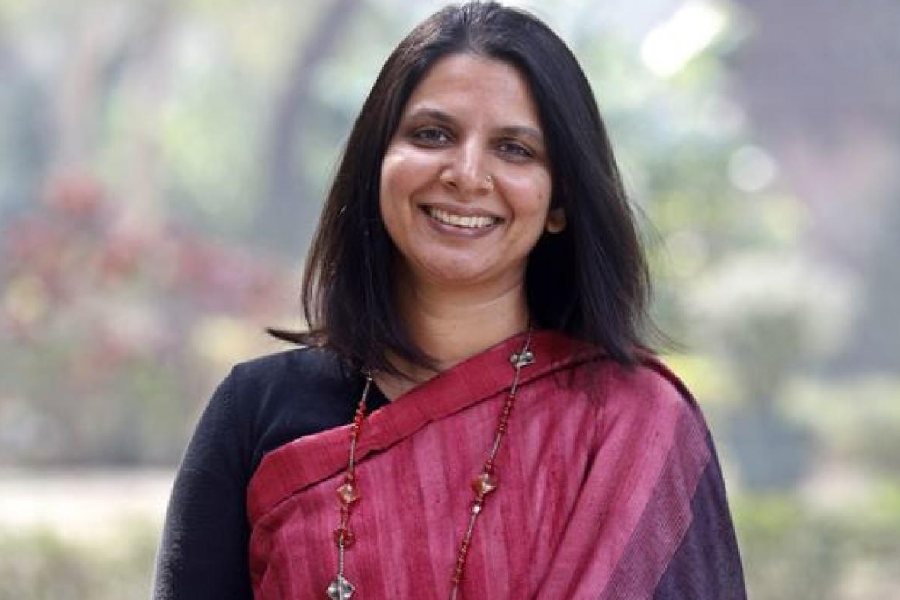An economist and former head of an Indian policy think tank has expressed concern over what she has described as curbs on academic freedom and public debate in India and said the next government, whoever wins the election, should “reverse this trend”.
Yamini Aiyar, former president and chief executive of the New Delhi-based Centre for Policy Research (CPR), has said in a commentary in the international science journal Nature that "the drop in academic freedom is part of a broader decline in India’s vibrant culture of public debate".
"Historically, academic freedoms were certainly not perfect in India. Yet even a cursory glance at the evidence reveals that the scale of restrictions and the misuse of laws to curb academic freedom has increased," Aiyar wrote in the commentary on April 30, published amid India's 2024 general election.
Aiyar said she had personally witnessed growing restrictions during her 15 years as a researcher at the CPR where she was president for seven years until she stepped down in March this year, weeks after the Narendra Modi government had cancelled the CPR’s Foreign Contribution (Regulation) Act (FCRA) licence.
The FCRA licence controlled by the Union home ministry is required to access any foreign funds. The CPR — which turned 50 last year — is a leading think tank engaged in research on economy, climate, energy, governance and accountability, international relations and policy among other subjects.
Aiyar said policy and research think tanks that seek to support evidence-based policies often need to rely on international philanthropic funds given that public funds have other competing priorities. “This is becoming increasingly difficult to come by, owing to the tightening of the FCRA,” she wrote.
Since 2017, nearly 17,000 civil society organisations have lost their FCRA licences, she said. In September 2022, six institutions, including the CPR, were subject to tax "surveys" that eventually resulted in them having both their FCRA licences and tax-exempt statuses revoked. "This has left them mired in legal minutiae and struggling to fund their work."
University campuses in India also face similar challenges, Aiyar said, citing a report by the India Academic Freedom Network (IAFN) in 2022 for the UN special rapporteur on freedom of opinion and expression.
The report listed 78 instances in which seminars, lectures, or talks at public universities were disrupted by politically aligned groups or the permission to organise such events had been denied. The report also listed 25 cases of faculty arrests, including some under anti-terror and sedition laws, mostly for speaking on issues of public interest on campus or through social media posts.
Aiyar said effective consultations are required to secure the country’s long-term growth and prosperity.
“But rather than engage with ideas and challenge them in the spirit of inquiry and public debate, in my view, it has now become increasingly common for technocrats in government to seek to discredit researchers and to suppress research,” she wrote in the commentary.
Her concerns are shared by members of India’s science and research community, some of whom had earlier this year issued a public statement expressing worries on similar lines.
“The government and its various organs now actively oppose a scientific approach, independent or critical thinking and evidence-based policy-making,” over 100 serving and retired scientists from multiple academic institutions had said in their letter.
Aiyar said even crucial government data are now hard to obtain. The government junked the 2017-18 household consumption expenditure survey and has released only partial data from the 2022-23 survey. “The consequences of this are significant. In my field — development and social policy — the data gaps make it harder to measure changes in well-being,” she wrote. “The debate on poverty reduction is bogged down in estimates, leaving the public with relatively little objective analysis on the reach and effectiveness of economic policies.”
She said researchers must make their voices heard and be willing to defend the principle and value of academic freedom in the public domain. "… An alliance with broader civil society is also required to push back against draconian regulations that undermine scientific freedoms," she said.











